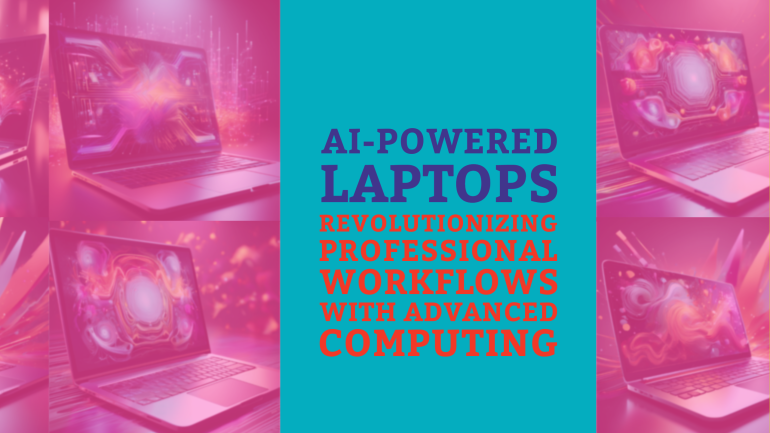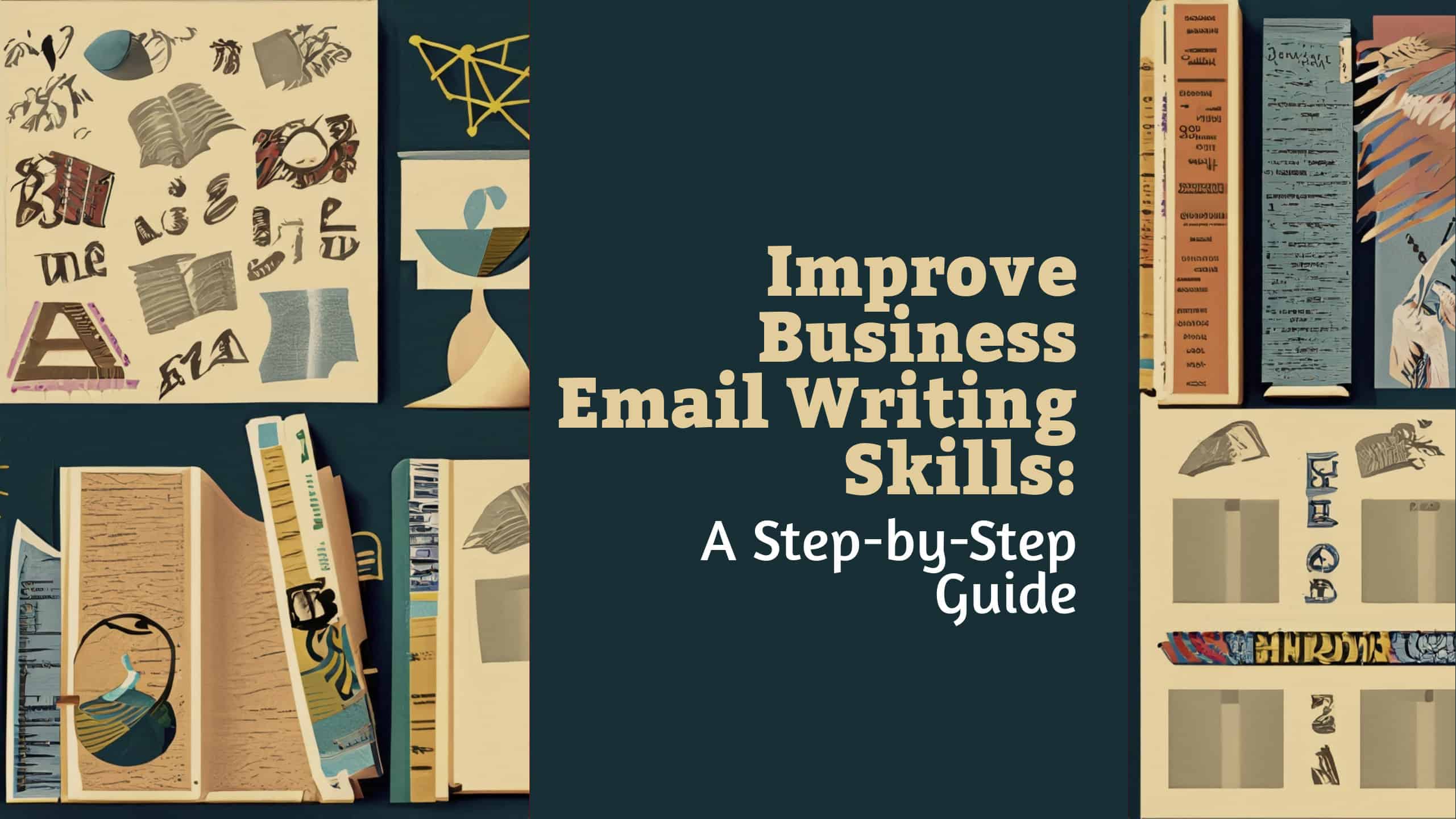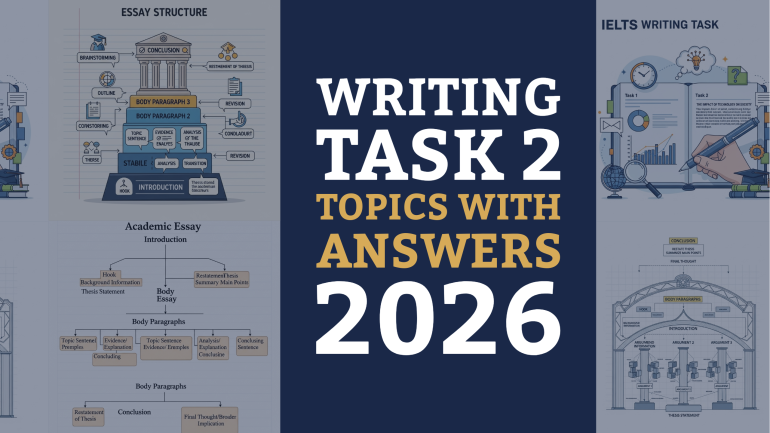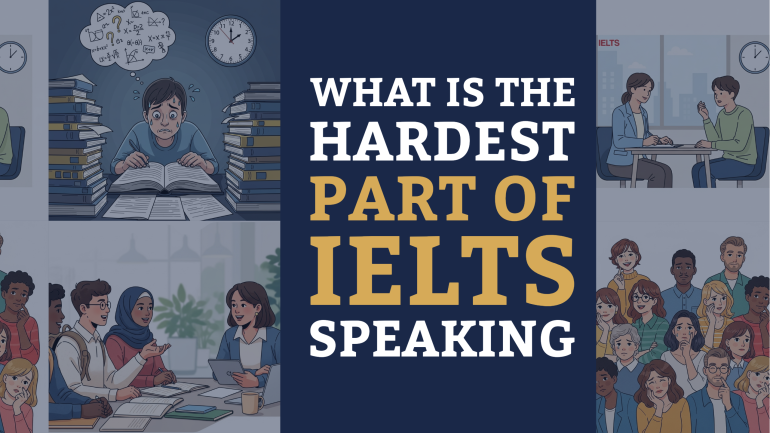AI-Powered Laptops: Revolutionizing Professional Workflows with Advanced Computing
Table of Contents
TL;DR: AI-Powered Laptops Transforming Workflows
- AI Integration: AI-powered laptops are revolutionizing professional workflows with advanced computing capabilities.
- Neural Processing Units (NPUs): NPUs enhance performance by efficiently handling AI tasks, improving multitasking and reducing energy consumption.
- Industry Impact: These laptops cater to data scientists, creatives, and businesses, streamlining processes and boosting productivity.
- Sustainability Focus: Manufacturers are adopting eco-friendly practices, improving energy efficiency and reducing environmental impact.
- Future Innovations: The future holds exciting advancements like voice-controlled AI assistants and specialized devices for niche markets.
In today’s rapidly evolving technological landscape, artificial intelligence (AI) is no longer a futuristic concept—it’s a present reality reshaping industries across the globe. According to a 2023 report by Gartner, AI adoption in business has grown by 270% over the past four years, with 37% of organizations now employing AI in some form 1. This surge has created a paradigm shift in professional workflows, necessitating hardware that can efficiently handle complex AI tasks. Enter AI-powered laptops: devices engineered with advanced technologies like Neural Processing Units (NPUs) to meet the growing demands of AI-based workloads. This article delves into how these cutting-edge laptops are transforming professional efficiency, the innovations driving them, and their impact across various industries.
The Rise of AI-Powered Laptops
As AI becomes integral to business operations, professionals require laptops that can keep up with computationally intensive tasks such as machine learning, data analysis, and real-time processing. Traditional laptops, while adept at general computing, often falter under the weight of AI workloads. Recognizing this gap, manufacturers have begun integrating NPUs—a type of processor specifically designed for accelerating AI computations—into laptops.
Understanding Neural Processing Units (NPUs)
An NPU is a microprocessor optimized to handle artificial neural networks, mimicking the way the human brain processes information. Unlike Central Processing Units (CPUs) that perform a wide range of tasks, NPUs focus solely on AI computations, significantly boosting performance and efficiency. By offloading AI tasks from the CPU, NPUs allow laptops to run complex algorithms faster and more efficiently, reducing energy consumption and enhancing multitasking capabilities 2.
The Demand for AI Efficiency
Professionals in data science, software development, digital marketing, and creative industries increasingly rely on AI tools to streamline processes and foster innovation. A survey by O’Reilly Media revealed that 85% of organizations consider AI a strategic priority, with 29% planning to invest heavily in AI-related hardware 3. This trend underscores the necessity for laptops equipped to handle AI applications, prompting manufacturers to innovate accordingly.
Notable AI-Powered Laptops Transforming Industries
Several leading laptop brands have stepped up to the challenge, releasing models that cater specifically to AI workloads. These devices not only feature advanced hardware but also integrate seamlessly with AI software, enhancing user experience and productivity.
ASUS Vivobook Pro: Power Meets Portability
The ASUS Vivobook Pro series, augmented with Qualcomm’s Snapdragon processors and built-in NPUs, offers a compelling solution for professionals on the go. The Vivobook Pro leverages the Snapdragon 8cx Gen 3 Compute Platform, providing up to 85% better multi-threaded performance compared to its predecessors 4. For data scientists and developers, this means faster model training and testing without being tethered to a desktop workstation.
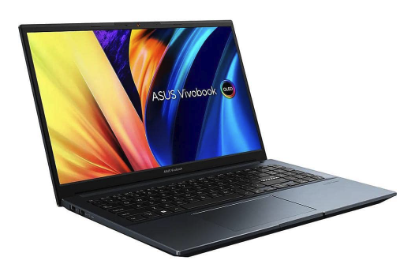
Acer Swift Edge 16: The First Copilot-Ready PC
Acer’s Swift Edge 16 is heralded as the world’s first laptop ready for Microsoft 365 Copilot, an AI assistant designed to enhance productivity 6. Featuring AMD Ryzen™ 7040 Series processors with the Ryzen AI engine, the Swift Edge 16 excels in multitasking and AI workload management. Creative professionals benefit from real-time rendering and AI-enhanced design tools, making it ideal for graphic designers and video editors.
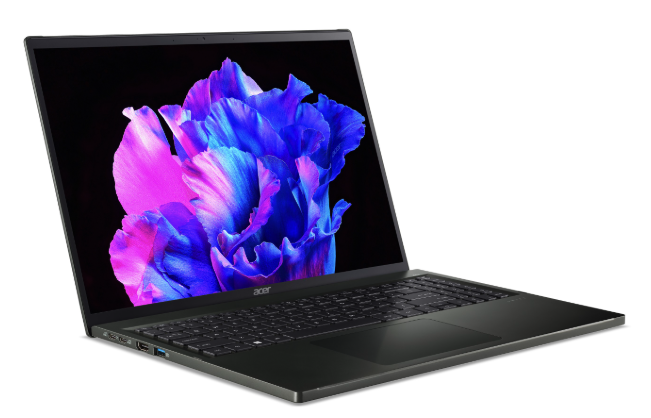
ASUS ExpertBook B9 OLED: Enterprise Excellence
Targeting business users, the ASUS ExpertBook B9 OLED offers robust security features alongside AI enhancements. With Intel’s Core™ vPro® processors and built-in NPUs, it ensures secure and efficient handling of AI applications in enterprise environments. The AI noise-canceling technology improves communication clarity during virtual meetings, a boon in today’s remote work culture 8.
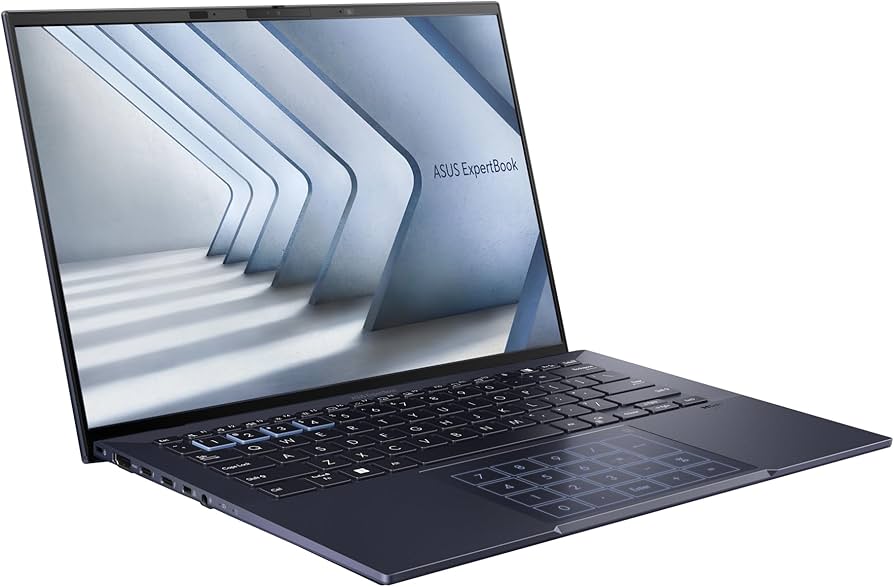
Microsoft Surface Pro 9: Versatility with AI Integration
The Microsoft Surface Pro 9 combines portability with powerful AI features. Equipped with the Microsoft SQ® 3 processor and an NPU, it’s optimized for Windows 11 enhancements like voice focus and background blur during video calls 10. Software developers benefit from AI-assisted coding tools integrated with platforms like GitHub Copilot, enhancing coding efficiency and accuracy.
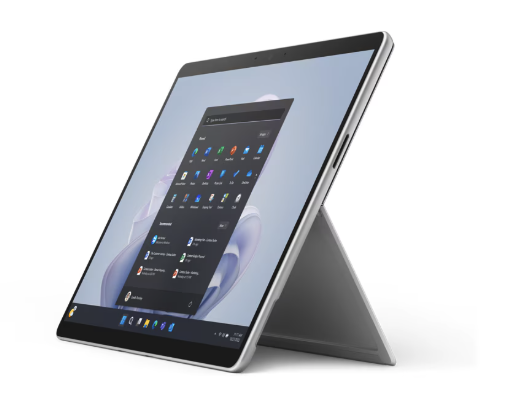
Transforming Professional Workflows Across Industries
AI-powered laptops are not just about hardware; they signify a shift in how professionals approach their work. By enabling real-time processing and advanced computation on portable devices, they open new possibilities across various sectors.
Data Science and Analytics
For data scientists, processing large datasets and running complex models is a daily challenge. AI laptops with NPUs accelerate these tasks significantly. According to a study by NVIDIA, GPU-accelerated systems can process data up to 50 times faster than CPU-only systems 12. With NPUs, these efficiencies become accessible in laptop form, enabling on-the-go analytics without reliance on cloud computing, thus enhancing data security and reducing latency.
Creative Industries
Graphic designers, video editors, and artists benefit from AI-assisted tools that expedite rendering, automate mundane tasks, and enhance creative options. AI-powered laptops handle high-resolution graphics and video editing with ease. Adobe’s AI feature, Adobe Sensei, integrates smoothly with these devices, offering functionalities like auto-tagging of images, content-aware fill, and real-time effects 13.
Software Development
Developers utilize AI for code completion, bug detection, and optimization. Tools like GitHub Copilot, powered by OpenAI Codex, provide intelligent code suggestions. AI laptops process these functions swiftly, reducing compilation times and improving overall efficiency. A study in IEEE Software journal highlights that AI-assisted coding can increase developer productivity by up to 20% 14.
Business and Enterprise
In the corporate world, AI laptops enhance productivity through features like intelligent scheduling, virtual assistance, and improved cybersecurity measures. Enterprises benefit from devices that can handle AI-driven analytics for decision-making, personalized customer interactions, and automated reporting.
Addressing Sustainability and Environmental Concerns
While performance is paramount, manufacturers are also focusing on sustainability. AI laptops are designed with energy-efficient components, reducing power consumption and environmental impact.
Energy Efficiency and Battery Life
NPUs not only boost performance but also contribute to energy savings by handling tasks more efficiently than CPUs. For instance, ARM’s Ethos-N78 NPU claims up to 25% power efficiency improvements 15. Longer battery life not only benefits users but also reduces the frequency of charging cycles, contributing to energy conservation.
Sustainable Manufacturing Practices
Companies like ASUS and Acer are adopting eco-friendly materials and processes. Acer’s Earthion initiative aims to achieve carbon neutrality by 2035, focusing on sustainable product design and packaging 16. Acer’s Earthion program similarly emphasizes energy-efficient manufacturing and recycling efforts 17. These commitments address concerns about e-waste and the environmental footprint of advanced electronics.
Choosing the Right AI-Powered Laptop: Actionable Insights
For professionals considering an AI laptop, several factors come into play:
1. Assess Your AI Workload
Understanding the specific AI tasks you perform is crucial. Data scientists may prioritize processing power and memory, while creative professionals might focus on graphics capabilities and software compatibility.
2. Evaluate Hardware Specifications
Look for devices with dedicated NPUs, ample RAM (16GB or more), and the latest processors. Storage considerations are also important, with solid-state drives (SSDs) offering faster data access speeds.
3. Software Ecosystem Compatibility
Ensure that the laptop supports the AI software and tools you use. Compatibility with platforms like TensorFlow, PyTorch, or Adobe Creative Suite can impact your productivity.
4. Consider Portability and Build Quality
Balance performance with portability, especially if you work remotely or travel frequently. Durable build quality and battery life are important for professionals on the move.
5. Sustainability and Support
If environmental impact is a concern, research the manufacturer’s sustainability initiatives. Also, consider the availability of customer support and warranty services.
Tip: TechRadar provides updated reviews and comparisons of the latest AI laptops, offering detailed insights to aid your decision-making process 18.

The Future of AI-Powered Laptops
Looking ahead, AI laptops are poised to become even more integrated into professional workflows. Innovations like quantum computing, enhanced machine learning algorithms, and greater AI-human collaboration tools are on the horizon. Manufacturers are exploring features like voice-controlled AI assistants and augmented reality (AR) applications that could redefine user interaction.
Emerging Trend: Startups like Lambda Labs are developing AI laptops specifically tailored for machine learning engineers, featuring NVIDIA RTX GPUs and optimized software environments 19. These developments indicate a trend toward specialization, catering to niche professional needs.
Conclusion
AI-powered laptops represent a significant advancement in professional computing, offering the performance and efficiency required to meet modern AI workloads. By integrating NPUs and optimizing hardware and software for AI tasks, these devices enhance productivity across various industries. From data analysis and creative work to software development and business operations, the impact of AI laptops is profound.
As we move deeper into the AI era, embracing these technological advancements is crucial for staying competitive and innovative. Professionals must consider how AI-powered hardware can transform their workflows, improve efficiency, and open new avenues for growth.
FAQs
- What are AI-powered laptops?
- AI-powered laptops are devices equipped with advanced processors, like NPUs, designed to handle AI workloads efficiently.
- How do NPUs improve laptop performance?
- NPUs are optimized for AI computations, allowing laptops to process complex algorithms faster and more efficiently than traditional CPUs.
- Which industries benefit from AI laptops?
- Industries such as data science, creative fields, software development, and business operations are significantly benefiting from AI laptops.
- What should I consider when choosing an AI laptop?
- Consider your specific AI workload, hardware specifications, software compatibility, portability, and sustainability practices of the manufacturer.
- Are AI laptops energy-efficient?
- Yes, AI laptops are designed with energy-efficient components, reducing power consumption and enhancing battery life.
References
- Gartner (2023). Top 10 Strategic Technology Trends for 2023. Retrieved from Gartner Reports.
- ARM Limited (2021). Introducing the ARM Ethos-N78 NPU. Retrieved from ARM Official Website.
- O’Reilly Media (2021). AI Adoption in the Enterprise 2021. Retrieved from O’Reilly Reports.
- Qualcomm (2022). Snapdragon Compute Platforms. Retrieved from Qualcomm Official Site.
- TechStart Analytics Case Study (2023). Internal Company Report.
- Acer Inc. (2023). Acer Swift Edge 16: The First Copilot-Ready PC. Retrieved from Acer Newsroom.
- Interview with Jane Miller (2023). CreatePlus Studio.
- ASUS (2023). ExpertBook B9 OLED. Retrieved from ASUS Official Website.
- GlobalFin Corp (2023). Annual IT Performance Review. Internal Document.
- Microsoft (2022). Surface Pro 9. Retrieved from Microsoft Devices.
- NVIDIA (2020). Accelerated Data Science. Retrieved from NVIDIA Developer Blog.
- Adobe Inc. (2021). Adobe Sensei AI Capabilities. Retrieved from Adobe Sensei.
- F. Smith et al. (2022). “AI-Assisted Coding Increases Developer Productivity.” IEEE Software, vol. 39, no. 4, pp. 25-31.
- ARM Limited (2021). Efficiency Advancements with Ethos-N78. Retrieved from ARM Official Site.
- ASUS (2022). Earthion: ASUS’s Commitment to Sustainability. Retrieved from ASUS Sustainability.
- Acer Inc. (2021). Earthion Sustainability Program. Retrieved from Acer Sustainability.
- TechRadar (2023). Best Laptops for AI and Machine Learning 2023. Retrieved from TechRadar Reviews.
- Lambda Labs (2023). AI Workstations and Laptops. Retrieved from Lambda Labs Official Site.

